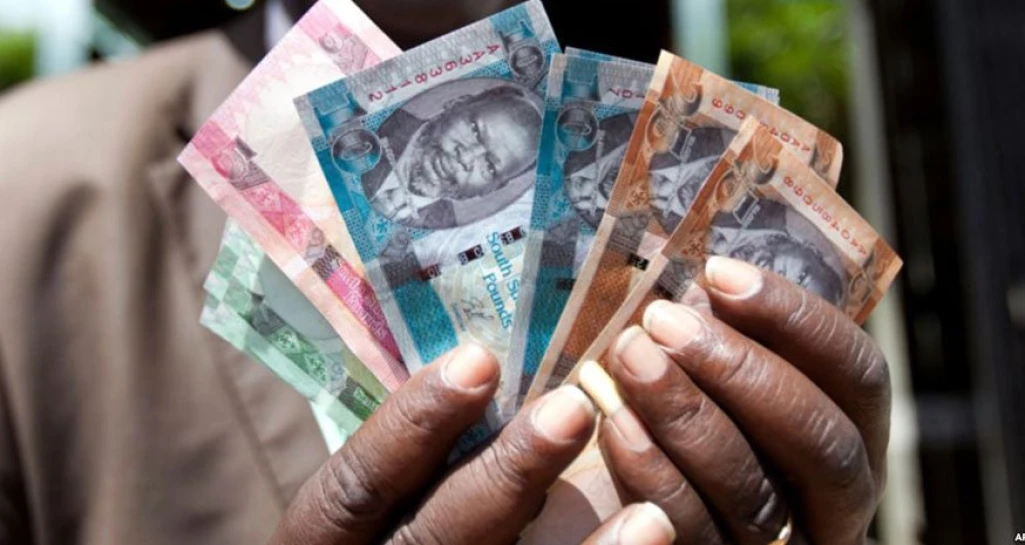
The governor
of the Bank of South Sudan has appealed to the public to adopt electronic payment
systems to help in the regulation of the exchange rate.
“[The bank]
urges the public to adopt electronic payment systems to lessen large amount of
cash sitting outside the banking system,” says Dr. James Alic in a statement
seen by The Radio Community.
Electronic
payment systems are ways to conduct financial transactions electronically, such
as paying for products or services in person or online.
These include
the use of debit cards or mobile money services such as MGurush.
Compared to the
more traditional payment options like cash and cheques, they provide various
benefits.
In South
Sudan, few people keep their money to the bank, according to the central bank.
The majority
reportedly still prefer stashing their savings under ceiling rafters, in pots,
and in holes in the ground.
In addition,
hundreds of thousands of government employees get paid in cash.
This, the
central bank says, has affected the currency in circulation - the amount of
cash–in the form of paper notes or coins–within a country that is physically
used to conduct transactions between consumers and businesses.
Dr. Alic disclosed
that the push for electronic payment systems is part of its commitment to
ensuring financial system in the country.
"The
Bank of South Sudan remains committed to ensuring price stability and sound
financial system in the country,” he stated.
He said the situation
makes it difficult to regulate the exchange rate in the country.
As of Thursday,
last week, the official exchange rate of one US dollar was 1,600 South Sudanese
Pounds, contrasting sharply with the black-market rate of 2,200 South Sudanese
pounds to one US dollar.
The dollar lost
more after South Sudan's decision to cancel crude sales for February and March,
exacerbated foreign currency scarcity in the country.
However, the
governor says the bank is closely monitoring developments in the foreign
exchange market.
"[We
are] closely [working] with the Ministry of Finance and Planning and other
government agencies to bolster efforts aimed at fostering a resilient and
competitive FX market for sustainable economic growth and development,"
Alic added.